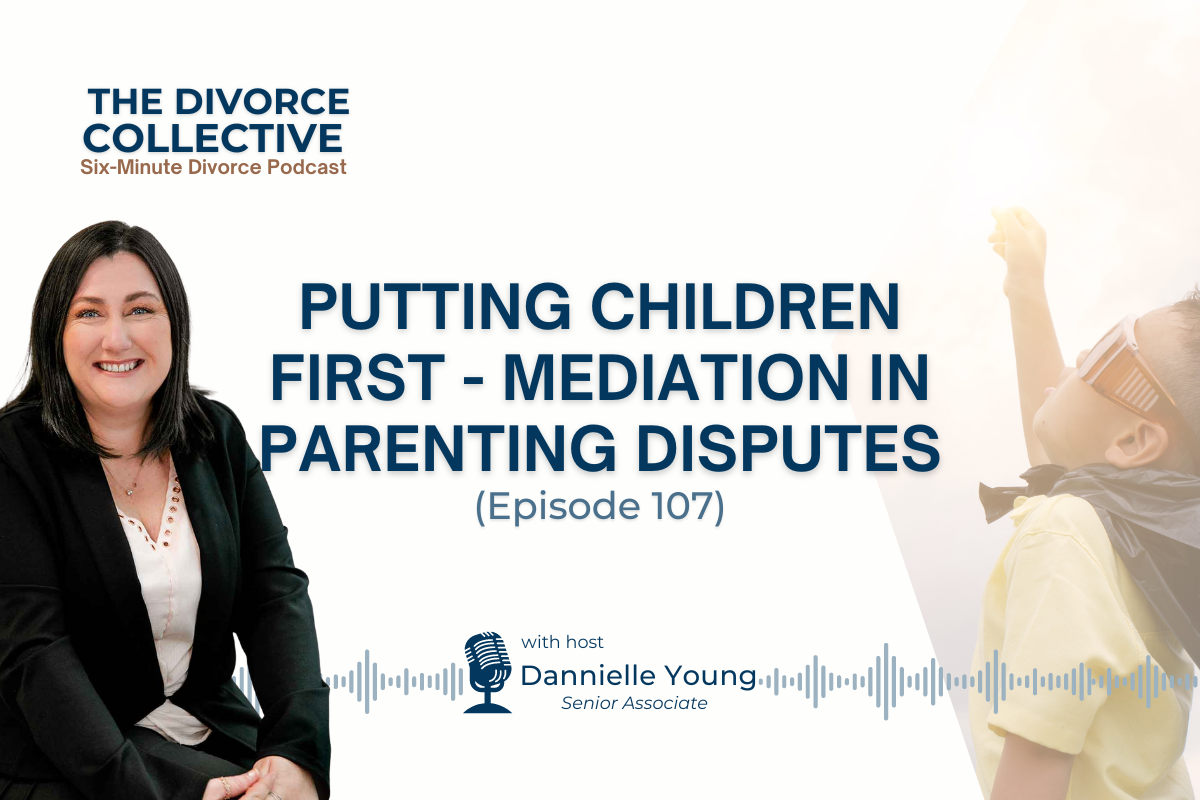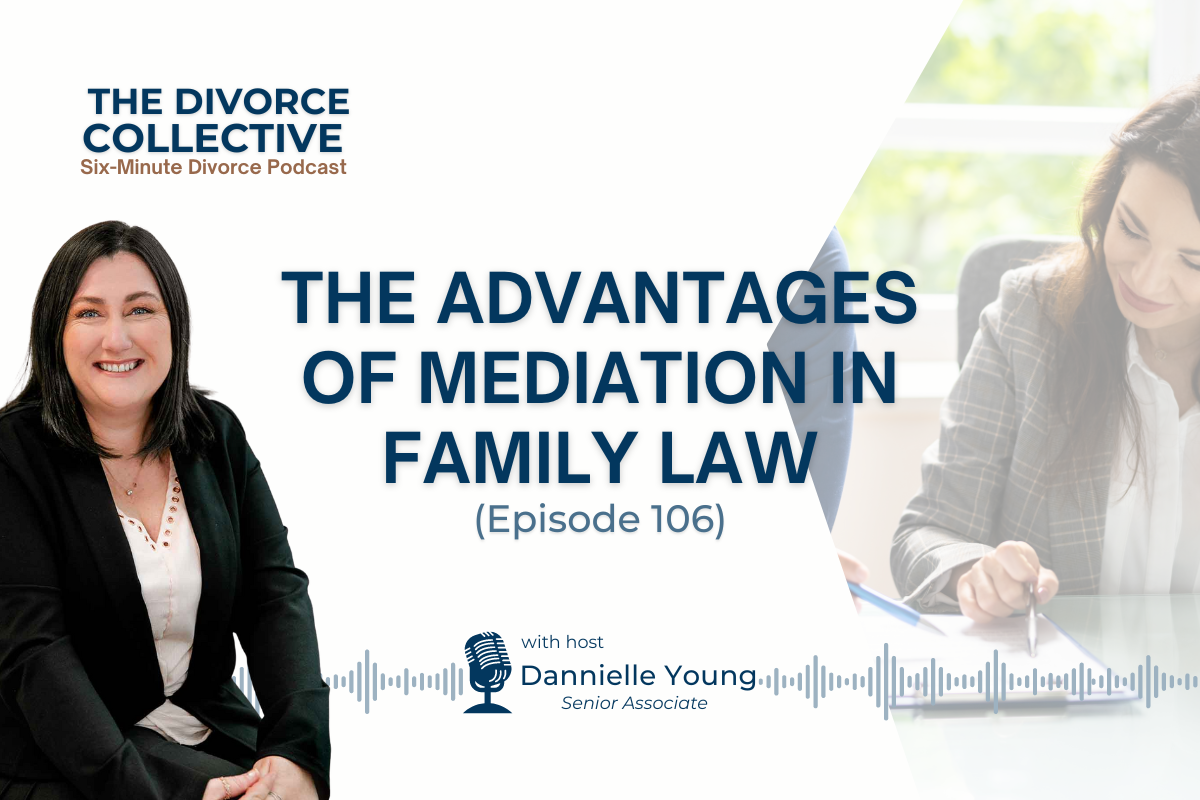In this episode of the Divorce Collective podcast, Dannielle Young, Senior Associate at Collective Family Law Group, continues our series on safeguarding children with a focus on the international aspect of child custody. Today, we take a look at the Hague Convention on the Civil Aspects of International Child Abduction, a crucial treaty for families facing cross-border disputes. We explore its objectives, protections, and the significant risks involved when a child is taken to a country not a signatory to the convention.
How the Convention Protects Children:
The Hague Convention protects children in several key ways:
- Prompt Return: One of the foundational principles of the Convention is the swift return of abducted children to their country of habitual residence.
- Collaboration Between Central Authorities: Each country that is a signatory to the Convention designates a central authority responsible for the administrative aspects of child abduction cases.
- Standardised Legal Framework: This framework ensures that cases are processed quickly, with a clear emphasis on the child’s best interest, considering factors like safety, well-being, and maintaining family ties.
Risks of Traveling to Non-Signatory Countries:
Travelling to or dealing with child custody issues in countries that have not signed the Hague Convention presents significant challenges:
- Limited Legal Resources: In countries not party to the Convention, the legal mechanisms for securing the return of an abducted child are often limited or non-existent.
- Complex Legal Proceedings: Without the streamlined processes provided by the Convention, resolving child abduction cases in non-signatory countries can become mired in lengthy, expensive, and emotionally draining legal battles.
- Risk of Unlawful Retention: The risk that a parent may unlawfully retain a child in a non-signatory country is significantly heightened without the protective measures of the Hague Convention.
If you’re facing international child custody concerns or fear your child may be taken abroad without consent, it’s crucial to seek expert legal advice. A child custody lawyer from Collective Family Law Group can provide guidance tailored to your situation, helping navigate the complexities of international law. Book a free 45-minute initial consultation today to ensure your child’s safety and well-being. For more insights on safeguarding your children, listen to our blog.
FAQs:
What is the Hague Convention?
The Hague Convention is an international treaty established in 1980, focusing on the prompt return of children wrongfully removed to or retained in countries, not their habitual residence.
How can the Hague Convention protect my child?
It provides a legal framework for quick return to the child’s habitual country, collaborates across borders for efficient action, and ensures custody disputes are resolved in the child’s best interest.
What are the risks if a parent takes a child to a non-signatory country?
There are significant risks, including limited legal support for return, complex and costly legal challenges, and a high risk of the child being unlawfully retained without recourse to the Convention’s protections.





